Linda, Welcome aboard The Errol Flynn Blog! We are pleased to have you with us and look forward to your posts and comments!
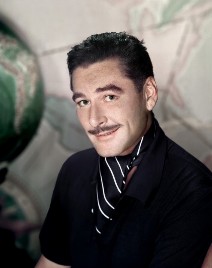
— David DeWitt
Linda, Welcome aboard The Errol Flynn Blog! We are pleased to have you with us and look forward to your posts and comments!

— David DeWitt
Welcome aboard, Samuel! You are our youngest New Author at age 16! We look forward to all of your comments and postings at The Errol Flynn Blog…
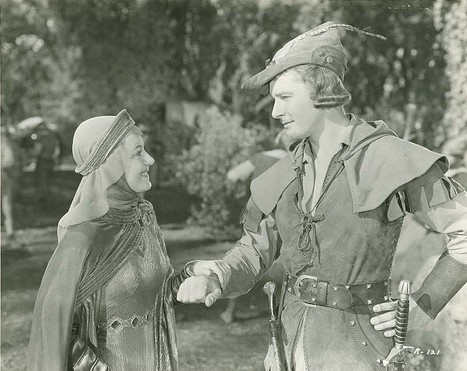
— David DeWitt
I heard recently from a young fellow named Samuel who runs the Errol Flynn Channel on uTube dedicated to “Errol Flynn, Olivia de Havilland and many others from the 30's until today…” At just 16, Samuel has set out a career path for himself in films and we wish him every success – this is just the kind of dedicated young man the film industry needs and he represents the next generation of Errol Flynn fans we all want to see go forward…
Nicely done, Samuel!
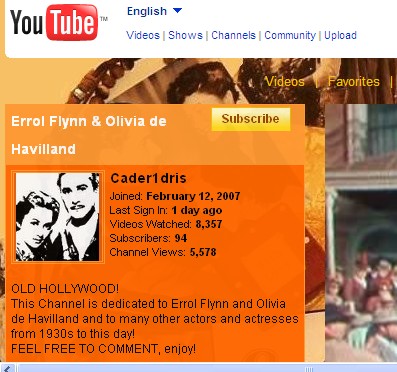
— David DeWitt
Michael, welcome aboard! We look forward to your posts and comments about Errol Flynn who is rapidly approaching his 100th birthday, June 20…
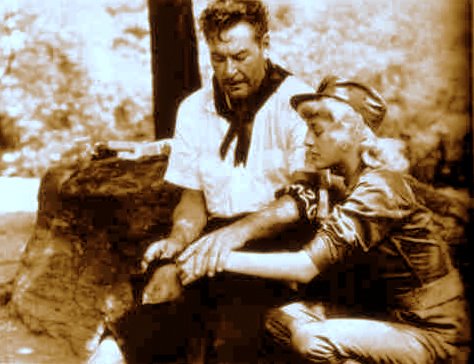
Photo retouched by Michael Pieper
— David DeWitt
Our new Author Lou Alexander “met” Errol Flynn as a very young child when his teacher pointed out Flynn sitting in a car by the curb as Lou and his fellow children stood outside his school with their teachers. Lou noticed his teacher seemed to be excited about the handsome man sitting in the car – and when he asked who he was – she said, Why, that's Errol Flynn!
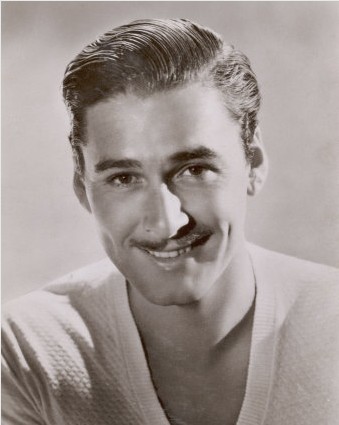
— David DeWitt
Ahoy all Zaca lovers
At last, Bonnie Cother is back from her visit to the UK and I have just now been in touch.
The ordering particulars are these:
The book is $29 (USD) and for the USA, shipping and handling is $5. Please check with her if you are outside USA.
No credit card or personal checks. A money order or the equivalent and to please make the check out to Veronica Cother-Bentley and send your order to the address below.
The Post Office informs her that shipping usually takes between 5 and 6 days.
If you want it sooner that can be arranged also but you must contact her for a different price
bo*********@***oo.com…
Veronica Cother-Bentley
P.O. Box 7621
Winter Haven, FL 33883
To refresh your memory:
She has said: “my father was the Master/Captain of Zaca during 56/57……….. the journal is full of photos of EF and family, copies of original letters to and from EF……..log book entrants……….. telegrams, and information dad has typed re meeting with EF.”
(Bonnie has further related this most interesting tidbit- that her father and Errol Flynn had MUCH common- not the least of which … a shared birthday!)
I am REALLY looking forward to this book as it is another unusual (and to date, unknown) witness to events that has come forward- albeit indirectly. In fact, had Ms Cother not gone through her fathers' things, discovered this treasure trove of Flynn stuff (and, in many cases VERY fragile items at that) and TAKEN THE TIME OFF to do loving justice to the assemblage of it all … I shudder to think of the alternative! Afterall, think of the almost fate of the Zaca itself!
Best- Karl
— Karl
Will Errol Flynn be represented?
Hi, David
I want to thank you for being a fan and posting TCM programming on your blog. I wanted to be the first to share with you the news of the TCM Vault Collection. Because you’re a classic film fan I know you’re just as excited as we are of our newest development. TCM is making over 100 classic films from the Warner Archive collection available on DVD for the first time.
The collection features rare titles such as “Doc Savage”, “Mr. Lucky”, “Westbound”, “Abe Lincoln in <?xml:namespace prefix = st1 ns = “urn:schemas-microsoft-com:office:smarttags” />Illinois”, “The Mating Game”, and “Mannequin”. Many of the early films in the TCM Vault Collection feature stars like Clark Gable, Myrna Loy, Cary Grant, Katherine Hepburn, and Spencer Tracy.
To view the TCM Vault Collection titles go to tcm.com…
TCM is also on Facebook, Twitter & YouTube:
<?xml:namespace prefix = o ns = “urn:schemas-microsoft-com:office:office” />
Regards,
Sakeenah Johnson
Turner Entertainment Networks
tbs.com…
— David DeWitt
Welcome to The Errol Flynn Blog, Bruce! We look forward to your thoughts and articles!
The Errol Flynn Centenary – Presented by The Errol Flynn Society of Tasmania, Inc.
Learn more about Bruce Bell: Bruce Bell Tours
— David DeWitt
We just received a very kind email from Bruce Bell at www.brucebelltours.ca which reads:
Hi David,
I took these photos over a 3 week period in Nov-Dec 1987 while visiting LA. At the time I was reading 'My Wicked Wicked Ways' and decided to go in search of the infamous Mulholland ranch. As luck would have it Errol's former home was being renovated and the gate was open to let the workers come and go. I asked the foreman if I could take some pictures and he said it was cool. I went back a few times over the course of the few weeks while I had access. I really couldn't believe my luck reading about Errol Flynn while wandering the rooms of his beloved Mulholland Ranch.
Bruce Bell Associate Editor The Bulletin
www.brucebelltours.ca
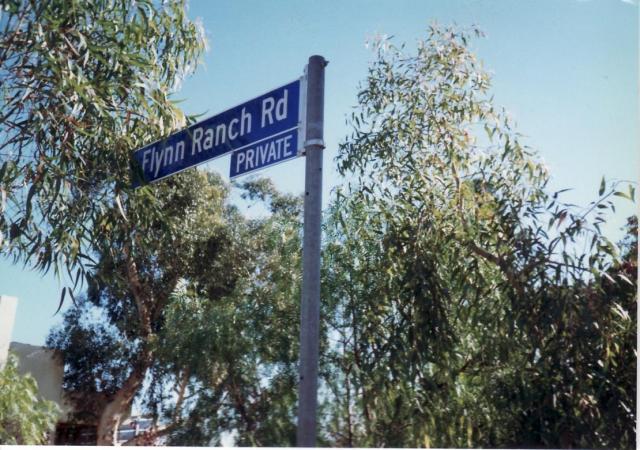
I've made a photo album out of these extraordinary photos… you can click the image below on any Gallery page to view a slide show of that gallery!  This one points to Bruce's Gallery!
This one points to Bruce's Gallery!
Tip o' the Hat to Bruce Bell
— David DeWitt
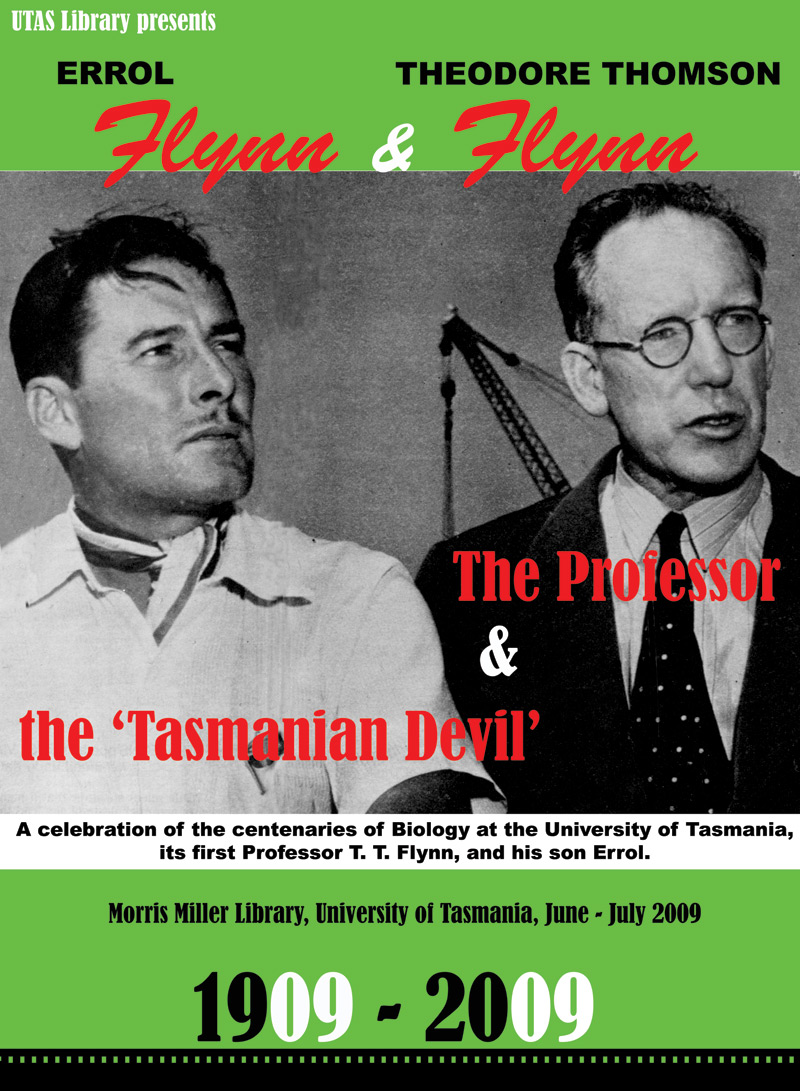
T.T. Flynn and Errol Flynn exhibition at UTAS
We are celebrating the centenary of the creation of the School of Biology/Zoology at the University of Tasmania, in particular its first Professor TT Flynn, as well as the birth of Errol in Hobart with a small exhibition in the foyer of the Morris Miller Library on the Sandy Bay campus of UTAS.
It will display photographs and plans of the original biology buildings built in 1909, publications by TT Flynn, including copies with his annotations – zoological specimens, lantern slides, equipment and glass plate negatives related to his research, the birth record of Errol from the Queen Alexander Hospital records, the enrolment register of Errol at Friends school, his school photo and enrolment card, editions of Errol's books from the State Library and other interesting items.
It will be running from the 11th June through to the end of July. We hope you can visit us during this time.
Best wishes,
Gillian
Gillian Ward
Publications Librarian
Copyright and Digital Assets (CADA)
University of Tasmania Library
Private Bag 25
Hobart
Tasmania 7001
Special thanks for reproducing this notice goes to Steve and Genene Randall –EFSOT
— David DeWitt